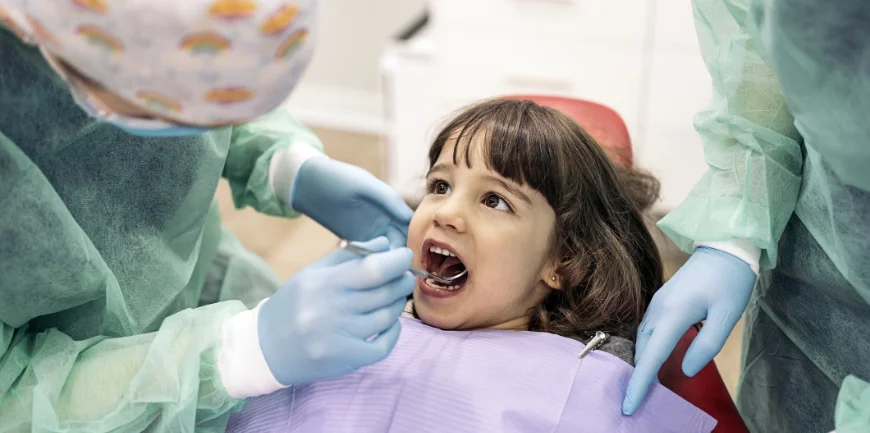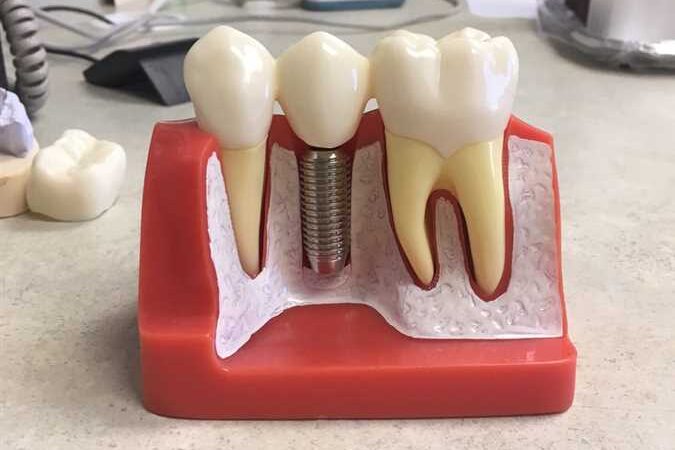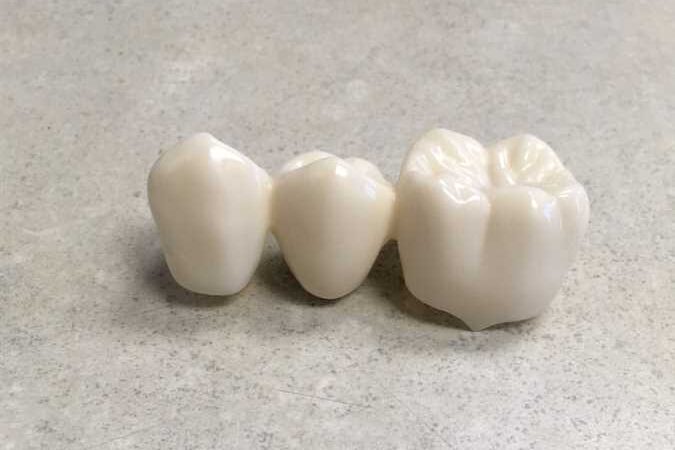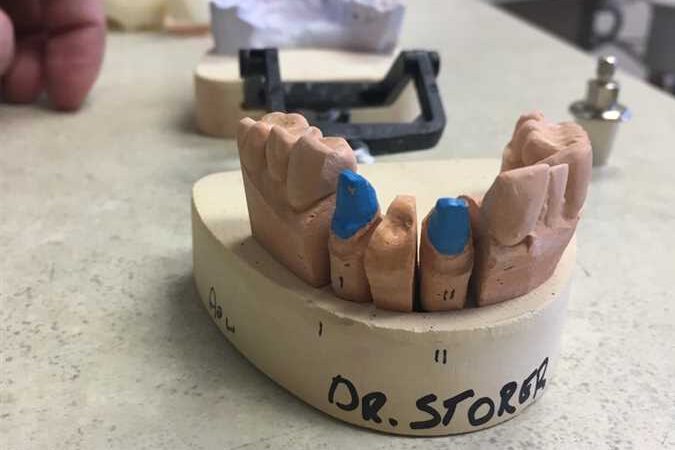Reasons for treating TMJ
TMJ sufferers report that their symptoms generally worsen during periods of prolonged or unexpected stress, and that intense outbreaks of the condition can lead to neck pain and dizziness.
The most common cause of TMJ is the misalignment of the teeth, often called “bad bite.” It is possible for the dentist to realign or adjust the teeth without the need for painful or expensive surgeries. The realignment/adjustment will stop the pounding headaches, the jaw pain, and the dizziness.
The grinding teeth symptom is particularly common and usually occurs at night. The grinding will eventually erode the structure of the teeth and lead to much more severe dental problems in the future. Untreated TMJ is one of the prime underlying factors in eroded jawbones and loose teeth.
It is important for anyone experiencing the symptoms of TMJ to visit the dentist for an exact diagnosis.
What does treating TMJ involve?
TMJ could be a result of several different problems. Bad bite is the most common, but an injury resulting from a blow to the meniscus cartilage is also a possibility. Initially, the dentist will thoroughly examine the jaw area, the patients bite, take x-rays, and review the patient’s history in order to make an accurate diagnosis and recommend necessary treatment.
Once a firm diagnosis is attained, there are several ways in which relief can be provided. A specially molded bite guard can be created to stop teeth grinding during the night. A bite relationship analysis may be recommended by the dentist. The dentist can also provide advice on relaxation techniques which will lessen the effects of stress. As a last alternative, the dentist is also able to prescribe muscle relaxants.
A better option is to change the shape of the teeth and get rid of the bad bite completely, often called “realignment.” This is especially useful because it alleviates TMJ symptoms and may improve the aesthetic appearance of the teeth as well. Realignment involves adjusting the relationship between how the upper teeth come together with the lower teeth. This may require new restorations and/or adjusting the natural teeth as well. It is not a painful procedure, and it is one the dentist has performed with great success numerous times. As with any procedure, the dentist will be happy to answer questions and discuss symptoms, options, and treatments.
Botox Treatment for TMJ
Another way to treat TMJ is with Botox Treatment. Botox injections can be an effective solution for TMJ by relaxing the muscles around the jaw and blocking nerve signals that cause painful contractions. This helps reduce jaw tension, spasms, and provides relief from pain and discomfort.
How it Works: Botox relaxes the muscles around the jaw by blocking nerve signals that cause painful contractions, reducing jaw tension and spasms, and relieving pain and discomfort.
Benefits: Botox can also help prevent teeth grinding, which can worsen TMJ symptoms.
Procedure: Our doctor injects Botox into the masseter and temporalis muscles. The procedure is relatively quick and easy, although some swelling around the injection sites may occur.
If you are experiencing any symptoms of TMJ, we encourage you to contact our office today to schedule an appointment.





